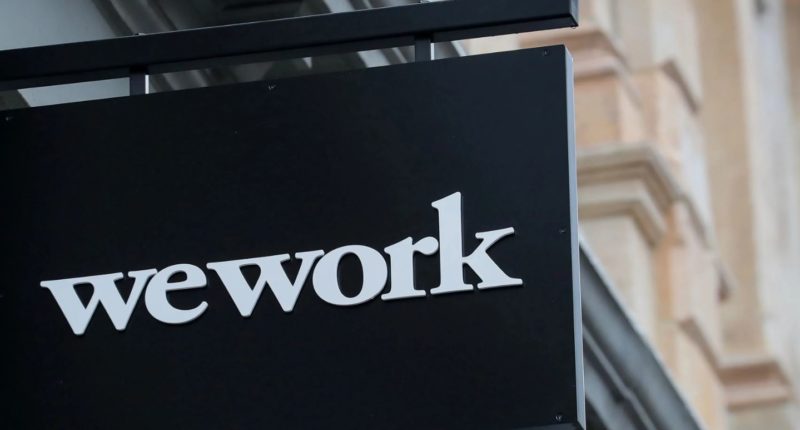A failed IPO and billions of dollars of investor money, and WeWork seems to realised that it is not really a tech company after all. Its a real estate player. Well, at least that is what the company’s new CEO appointment hints towards. The infamous Softbank-owned co-working space provide has named Indian-American real estate veteran Sandeep Mathrani as its new Chief Executive Officer. Mathrani will join the company on February 18th, replacing co-CEOs Sebastian Gunningham and Artie Minson.
That is an interesting choice and one, which highlights the urgent change in business model that the company requires. The change however, will in all certainty, change the very nature of how the company came into being — a tech-based coworking space provider, now becoming a pure-play real-estate business. WeWotk has also revealed that Sandeep Mathrani will report to its Executive Chairman Marcelo Claure. He will also be a member of the company’s Board of Directors.
Both Gunningham and Minson will remain with the company at least through a transition period to ensure a smooth onboarding process. After WeWork’s Initial Public Offering (IPO) disaster and the ouster of its founder and CEO Adam Neumann, Sebastian Gunningham and Artie Minson were named co-CEOs.
Mathrani will bring much-needed real estate experience to WeWork. He is the former chief executive of multi-billion Brookfield Properties’ retail group. Prior to that, he was a senior executive at multiple multi-billion real estate firms, including Vornado Realty Trust.
Appointment of Mathrani comes after a tumultuous period for WeWork. The company was on the verge of collapse after it withdrew its IPO, following a tepid investor response and a crash in its valuation. With the controversial founder Adam Neumann’s departure, SoftBank invested new capital to rescue the company from going bust. And that is largely inspired by the fact, that Softbank has invested billions in the company which it just can not afford to loose.
The New York-based company is hoping to achieve profitability on an adjusted EBITDA basis by 2021 and positive free cash flow the next year.
